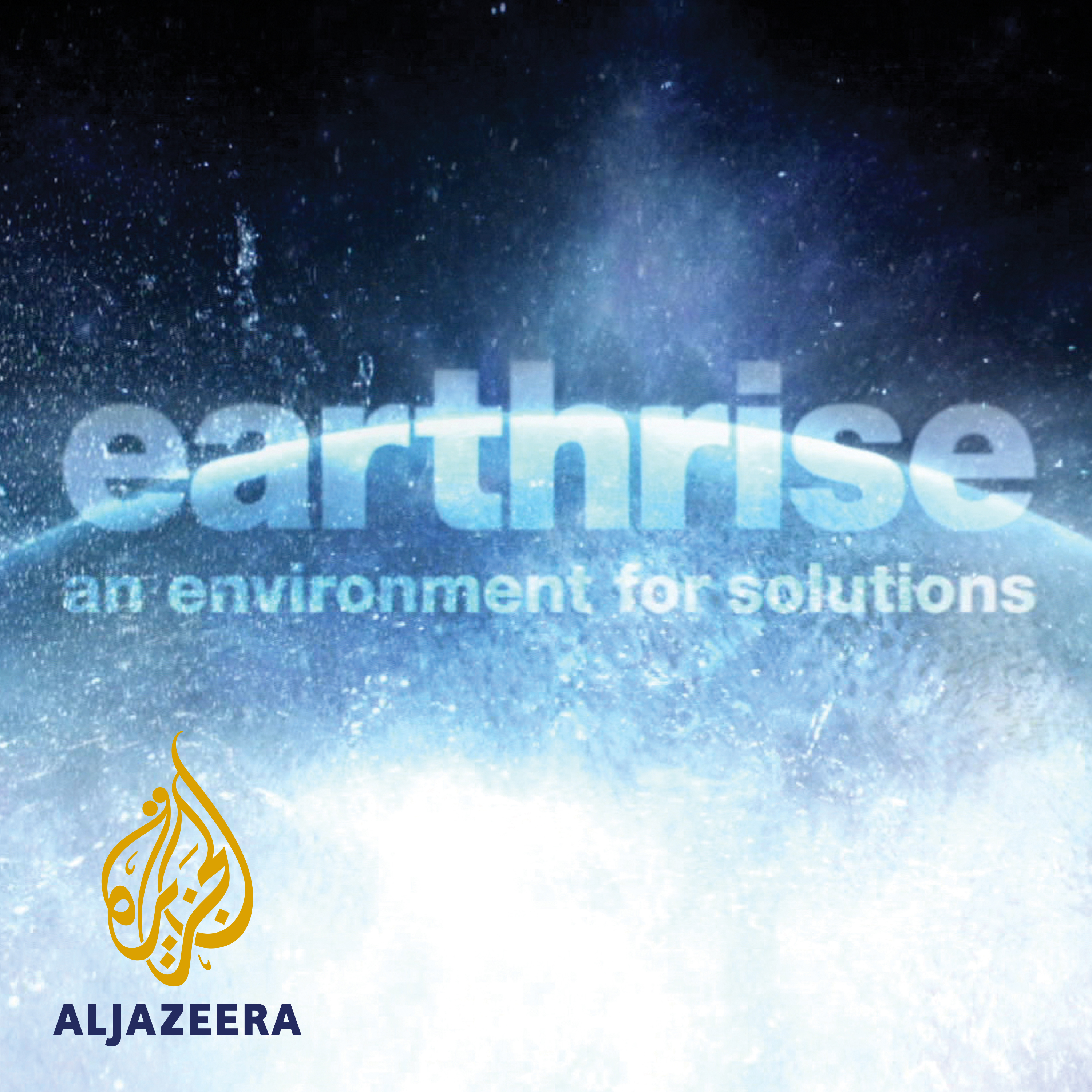Colombia's Lego Homes - earthrise (lead)
Description
More than 300 million tonnes of plastic is produced every year, yet just a fraction of this is recycled. Most of the waste usually ends up in landfills, waterways and oceans.
If we use just two percent of the waste plastic in the world, we can change the lives of millions of people. We can end the housing shortage in Latin America in just 10 years.
Oscar Mendez, architect and founder of Conceptos Plasticos
In Colombia's capital, Bogota, it is estimated that 650 tonnes of plastic is thrown away every single day.
Globally, the amount of plastic waste affecting the productivity of natural systems - such as the ocean - and creating a negative effect in urban infrastructures, including managing greenhouse emissions, is conservatively estimated to cost $40bn annually.
However, one enterprise in Colombia has found a novel way of using the normally discarded waste.
Conceptos Plasticos, founded by architect Oscar Mendez, collects recyclable plastic material, melts it down and moulds it into bricks which are then used to build houses for the local community.
The hope is that using plastic to build homes will be the answer to both recycling and housing shortages.
"If we use just two percent of the waste plastic in the world we can change the lives of millions of people. We can end the housing shortage in Latin America in just 10 years," says Mendez.
The company has already helped to house 42 families displaced by conflict in the town of Guapi, Colombia, recycling 120 tonnes of plastic in the process.
Juliana Schatz heads to Bogota to see how Conceptos Plasticos builds these homes out of discarded waste.
More Episodes
Bangladesh has one of the largest number of solar home systems in the world, reaching over 20 million people. Thirty percent of the electricity these generate is wasted each year, while over six million people in the country have no access to power.
A dynamic startup called SolShare has...
Published 06/12/21
Being in tune with nature used to be instinctive for all humans. It was a matter of survival. But over the centuries, as we urbanised and industrialised, the connection has become weaker.
But Indigenous communities around the world have not forgotten what it means to live in harmony with Earth....
Published 05/19/21
As populations grow and incomes rise, we are eating more and more meat and dairy. Intensive livestock farming, however, requires huge amounts of resources and is highly polluting. Yet, animal protein is essential to the 1.3 billion people who depend on livestock to survive.
So, what is the...
Published 05/12/21


